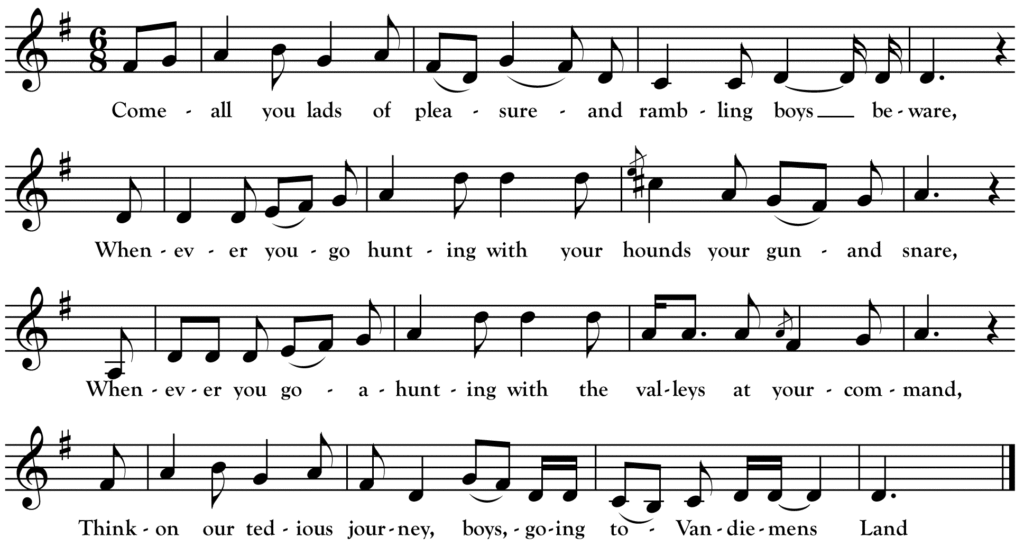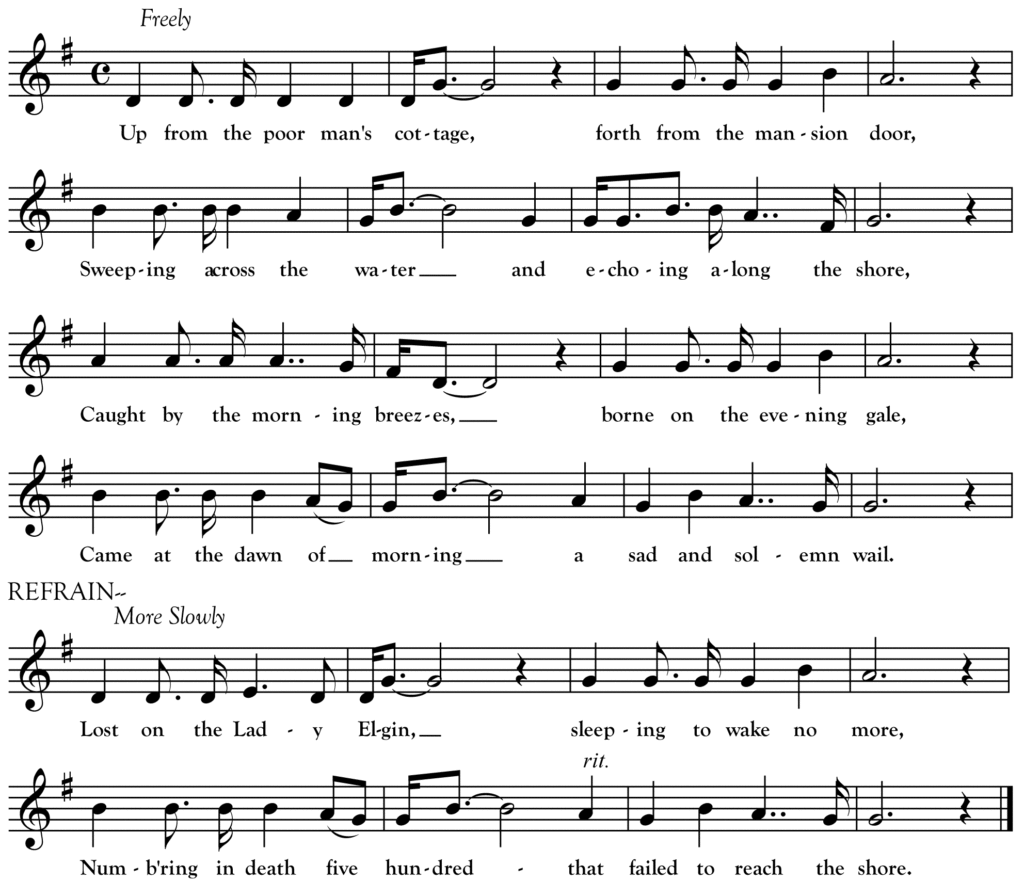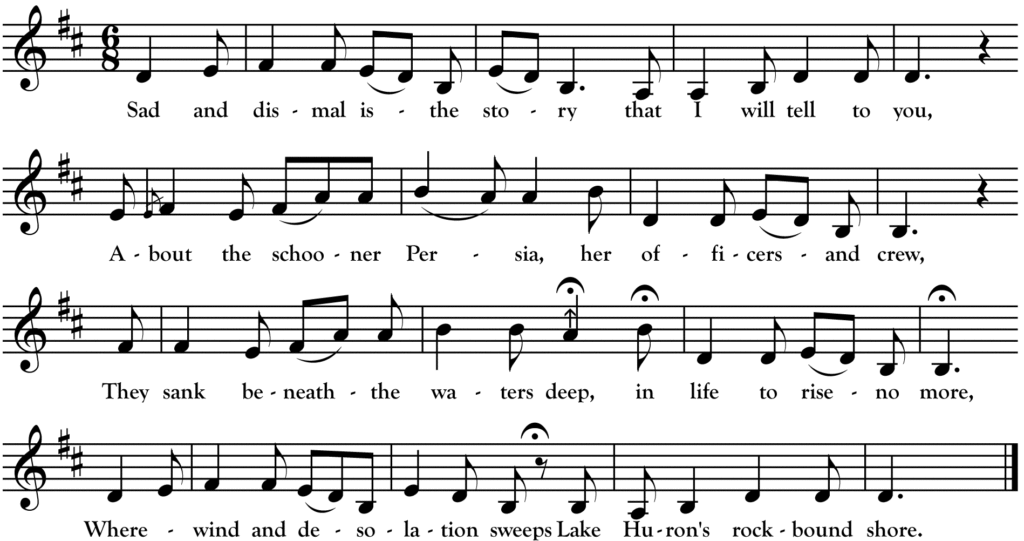Vandiemens Land (Revisited)
Come, all you lads of pleasure and rambling boys beware,
Whenever you go hunting with your hounds, your gun and snare,
Whenever you go a-hunting with the valleys at your command,
Think of the tedious journey, boys, going to Vandiemens Land.
There was Joe Brown from Nottingham, Jack Williams and Jack Jones,
They were three as jolly fellows, so well their country knows;
They were taken one night near the bay, all with their gun in hand,
And for fourteen years transported unto Vandiemens Land.
There was a girl from Nottingham, Sally Simons was her name,
For seven years transported for carrying on the game;
Our Captain bought her freedom and he married her off hand,
She gave us good usage going to Vandiemens Land.
The landing port we went to was on a foreign shore,
The planters they surrounded us, full a score or more,
They yoked us up like horses and sold us out off hand,
And they hitched us to the plow, me boys, to plow Vandiemens Land.
The houses that they built for us was made of sods and clay,
The beds we had to sleep on were made of rotten hay;
Oh, rotten hay for beds, me boys, and slumber if you can,
Oh, they gave us the very worst usage while on Vandiemens Land,
Last night as I lay down to sleep I had a pleasant dream,
I dreamt I was back in Ireland, down by a purling stream,
With my Irish girl beside me and her at my command,
But when I awoke my heart was broke, off on Vandiemens Land.
————–
We return this month to another song from the repertoire of Irish-Minnesotan singer Michael C. Dean that I wrote about first in July 2013. You can now hear the 1924 field recording of Dean singing “Vandiemens Land” at the Minnesota Folksong Collection site.
It is fascinating to imagine what this song’s story of convicted poachers deported to Tasmania (Van Diemen’s Land) might have meant to Dean – himself an avid hunter. When Dean’s parents left Ireland around 1840, illegal hunting was still punishable by “transportation.” It was also sometimes a crime of necessity during the frequent food shortages of those years. In Minnesota, 50 years later, Dean enjoyed frequent hunting and fishing excursions much the same way modern Minnesotans do.
Dean lived in Pine County, Minnesota from about 1885 through 1917 and did much hunting and fishing each fall during those years. His excursions were often mentioned in the colorfully-written local section of the Pine County Pioneer:
“Mike Dean and party have returned from their hunting and fishing expedition up to Grindstone Lake. Mike doesn’t tell any big fish stories but says they had an immense time and when asked if they were successful, merely winks.” (Oct. 14, 1887)
“M.C. Dean, J.J. Brennan, A. Anderson and Axel Hanson went on a hunting expedition on Tuesday and expected to bring back some game, but lo! Not even a frog did they get.” (August 30, 1889)
The lure of the wilds caught Mike Dean and he skidooed north over the N. P. [Northern Pacific Railroad] early Wednesday morning. The hunting “yarns” spun by returning sports got on Mike’s nerves. He took along a small arsenal. Had he went south, one would be led to believe that he was heading for Mexico to annihilate Huerta and his ilk [Victoriano Huerta was a major player in the ongoing Mexican Revolution that year]. (Nov. 21, 1913)
Apparently Dean wasn’t much for telling “fish stories” but I expect his singing of “Vandiemens Land” may have been popular with his hunting friends.
This activity is made possible by the voters of Minnesota through a grant from the Minnesota State Arts Board, thanks to a legislative appropriation from the arts and cultural heritage fund.




